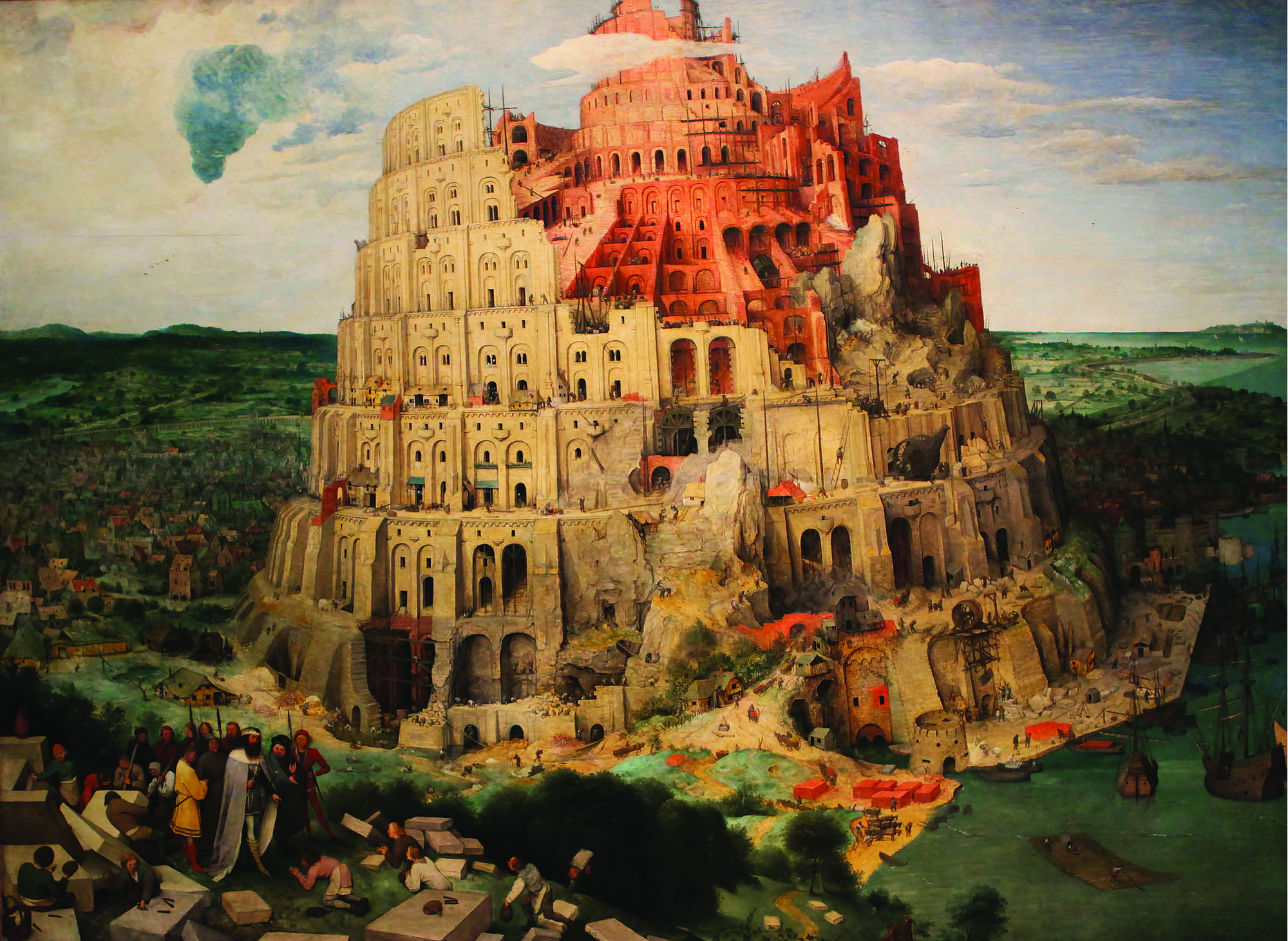In a world increasingly characterized by the rigid demarcations of social class, the Baha’i teachings offer a transformative perspective centered on the concept of the unity of spirit. This tenet posits that every individual, regardless of their socioeconomic standing, is endowed with an intrinsic worth and dignity. Such teachings challenge the status quo and advocate for the transcendence of class distinctions through a collective embrace of humanity. This article explores the essence of these teachings, the implications for social class dissolution, and the steps necessary to foster this universal unity.
The foundation of Baha’i philosophy rests on the belief that all human beings are created equal. This principle underscores how the artificial barriers erected by social, economic, and cultural divisions serve only to hinder the progress of society as a whole. The Baha’i faith envisages a world where one’s value is not measured by wealth or social standing, but rather by character and contributions to humanity. The idea is not to abolish social structure entirely but to elevate a unified spirit above materialistic concerns.
Central to this discourse is the acknowledgment that the inequities and disparities often perceived as natural or inevitable are, in fact, socially constructed. Baha’i teachings urge individuals to recognize the underlying causes of class stratification, which include ignorance, prejudice, and fear. The unity of spirit requires a fundamental shift in perspective: embracing a vision that sees beyond material possessions to the shared human experience that binds us all. This perspective is an invitation to explore a more profound interconnectedness that transcends temporal and spatial divides.
The Baha’i writings emphasize the necessity of eradicating prejudice in all its forms as a prerequisite for achieving social unity. Prejudicial attitudes foster division, perpetuate inequality, and ultimately obstruct the realization of global harmony. Tackling prejudice begins with self-awareness, as individuals must cultivate an understanding of their biases and work towards their transcendence. Such personal reflection prompts questions about one’s values, expressing curiosity about diverse lifestyles, and fostering mutual respect across class lines.
Furthermore, the Baha’i approach encourages education as a critical vehicle for overcoming social class disparities. Improved access to education enables individuals from historically marginalized backgrounds to cultivate their capacities, assert their voices, and contribute meaningfully to society. This educational empowerment is not solely about the acquisition of knowledge but encompasses a holistic development of the human being, aiming to foster moral, spiritual, and intellectual growth. Education thus serves as a catalyst for social change and a bridge to unity.
Additionally, integrating service to humanity into daily life is a key tenet in Baha’i practice. Engaging in acts of service enables individuals to discover shared humanity while contributing toward the betterment of their communities. Volunteering time and resources at a local shelter, participating in community-building activities, or advocating for equitable policies fosters an understanding that transcends artificial class distinctions. Such service-oriented approaches promote empathy and solidarity, nurturing a collective spirit that acknowledges the needs and struggles of all people.
Mutual assistance is another significant aspect of the Baha’i teachings that elucidates the path toward overcoming social class barriers. The principle that we must assist one another in our collective quest for advancement transcends class boundaries and unites individuals under the common goal of solidarity. Just as in a well-functioning society, each individual contributes their unique strengths, so too does the Baha’i community encourage sharing knowledge and resources to uplift the less privileged. This interdependence combats the isolation often felt among the affluent and the marginalized, fostering unparalleled opportunities for collaboration and empathy.
Furthermore, the concept of consultation, as articulated in the Baha’i teachings, promotes a model of decision-making that includes diverse perspectives, ensuring that representation is equitable and inclusive. By engaging individuals from varying classes in meaningful dialogue, society can dismantle the hierarchies that perpetuate division, replacing them with collaborative processes that prioritize the common good. This participatory model fosters unity while tapping into the latent potential of individuals, irrespective of their social class.
In advocating for the unity of spirit, Baha’i teachings also emphasize the importance of spiritual development. The individual journey toward realizing one’s spiritual potential correlates directly with their ability to perceive and engage with others beyond societal classifications. Personal spiritual growth arms individuals with the awareness needed to foster interconnection and empathy. When one acknowledges the profound spiritual essence each person embodies, the distinctions imposed by societal structures lose their significance.
The overarching promise inherent in these teachings is the opportunity for society to pivot towards a paradigm of understanding, respect, and community cohesion. The shift in perspective beckons us to approach one another with curiosity rather than judgment, paving the way for greater inclusivity and acceptance. The unity of spirit, as espoused in Baha’i principles, serves not solely as a lofty ideal but as an actionable pathway to dissolve social class barriers.
In conclusion, Baha’i teachings compel us to envision a world where the transcending of social class becomes a hallmark of collective humanity. Through concerted efforts in education, service, mutual assistance, and consultation, barriers can be dismantled, yielding a society marked by unity rather than division. By embracing the notion of the unity of spirit, each individual can contribute to a more harmonious and equitable world, where the richness of the human experience flourishes unencumbered by the constraints of social class. Such transformative potential rests not only within philosophical discourses but also within the palpable realities of our everyday lives.
